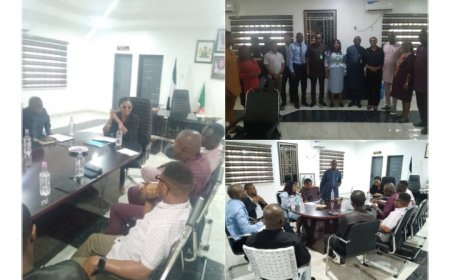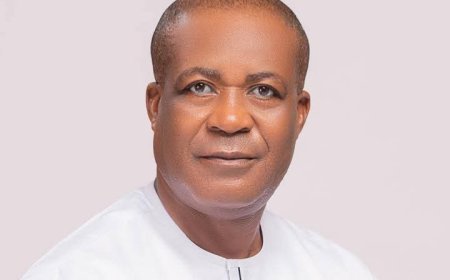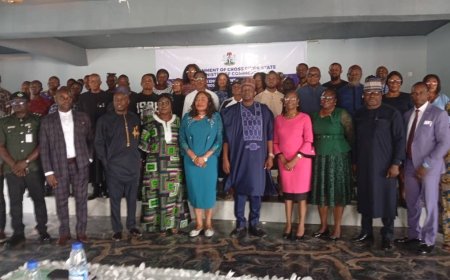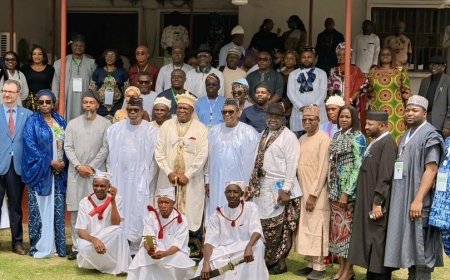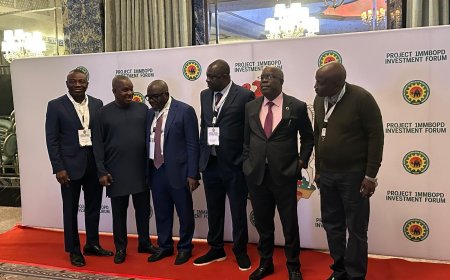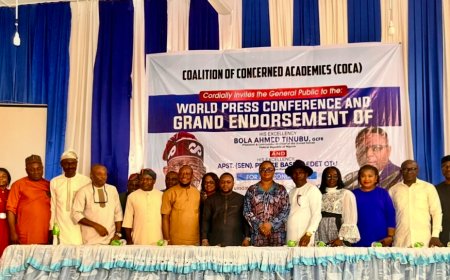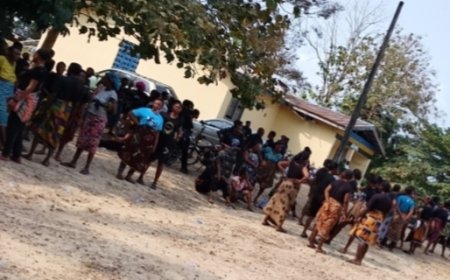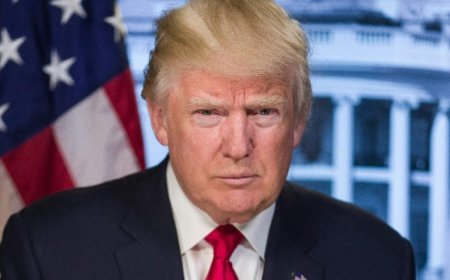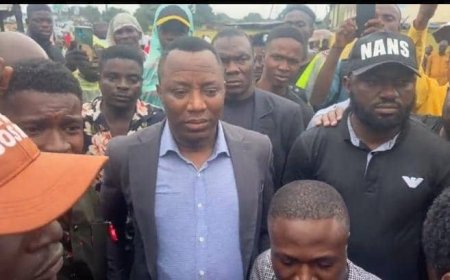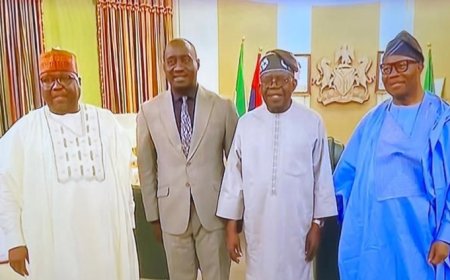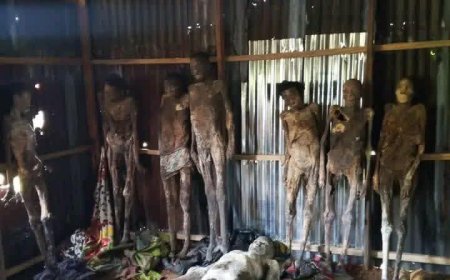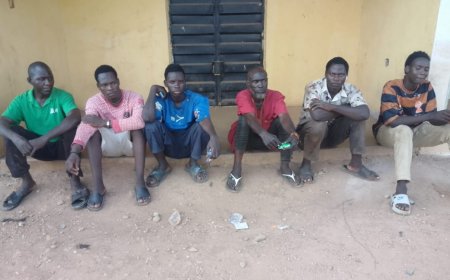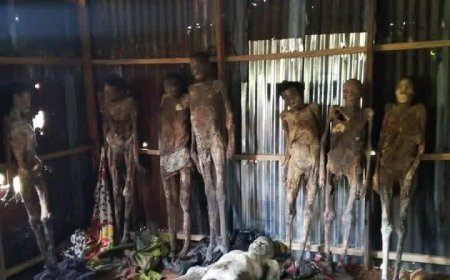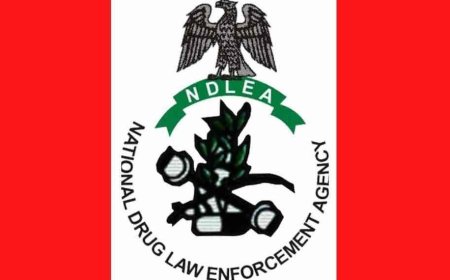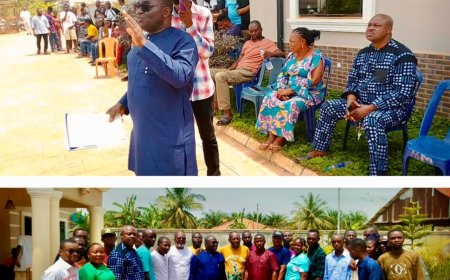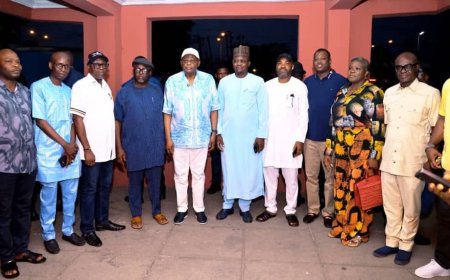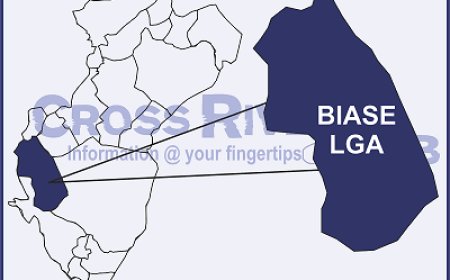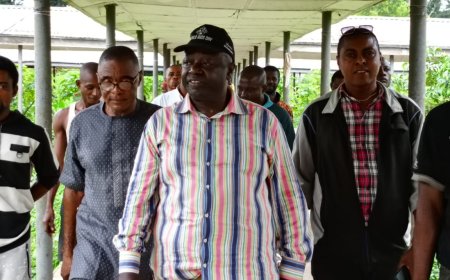Dangote Dispute Grounds Calabar as NUPENG Strike Bites Hard
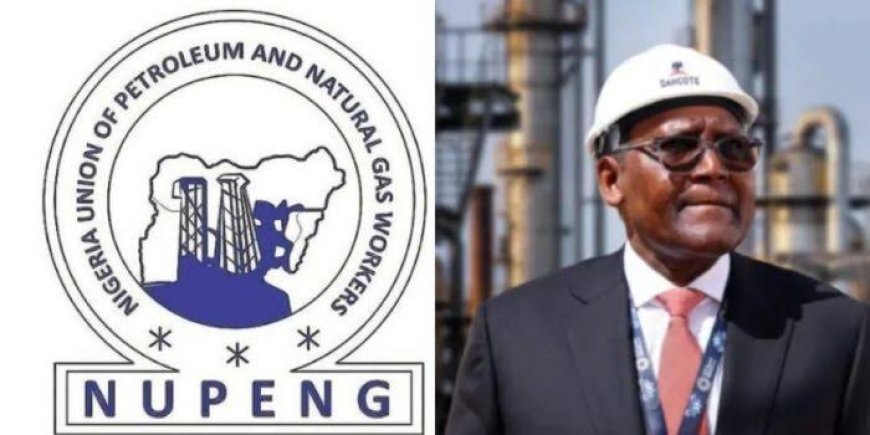
Calabar has been thrown into crisis as a nationwide strike by petroleum tanker drivers paralyses fuel supply, deepening anger over what labour unions describe as Dangote Group’s plot to monopolize fuel haulage and crush union power.
Filling stations across Atimbo, Eta Agbor, Marian and other parts of the Cross River capital have shut their gates, leaving only a handful dispensing at cutthroat rates. On the streets, petrol now sells for as high as ₦1,500 per litre in the black market, while transport fares have doubled, commuters are stranded and small businesses are warning of imminent collapse.
At the heart of the dispute is Dangote Refinery’s plan to deploy about 4,000 compressed natural gas (CNG) powered trucks for direct distribution of fuel. The Nigeria Union of Petroleum and Natural Gas Workers (NUPENG) says the move sidelines existing tanker drivers, threatens thousands of jobs, delays payments, and strips drivers of the right to unionize.
The crisis deepened after recruitment of new drivers reportedly began on August 29, 2025, under contracts that allegedly bar them from joining any union. NUPENG has described the scheme as “union-busting and exploitative,” insisting it will not allow a single company to capture the nation’s entire fuel distribution chain.
Federal Government officials on Monday convened a peace meeting with Dangote representatives and union leaders, but the talks broke down without resolution. The Nigeria Labour Congress (NLC) has since thrown its weight fully behind NUPENG, threatening nationwide solidarity action if the grievances are ignored.
In Calabar, residents are already feeling the heat. Prices of food and essential goods are climbing rapidly as transport costs spiral. Business owners dependent on generators warn of looming shutdowns, while transport operators say operations may grind to a halt if fuel does not return to circulation.
With anger mounting across the city, residents and labour leaders are demanding urgent government intervention to break the deadlock, accusing Dangote of wielding excessive influence in the sector and warning that the strike could spiral into a full-scale economic paralysis.





